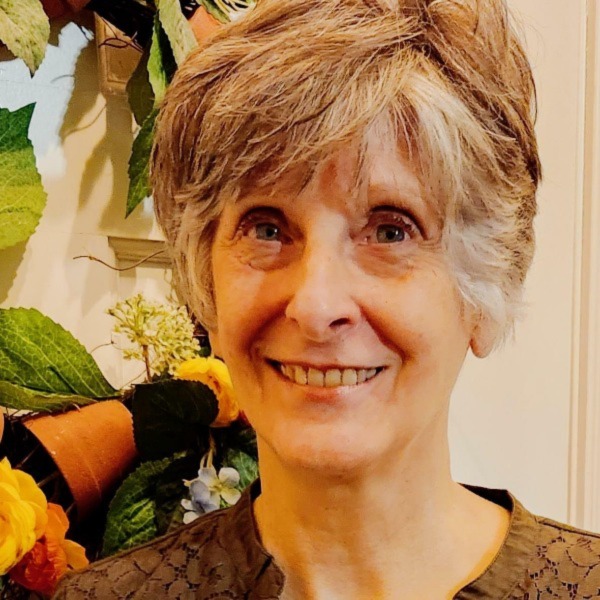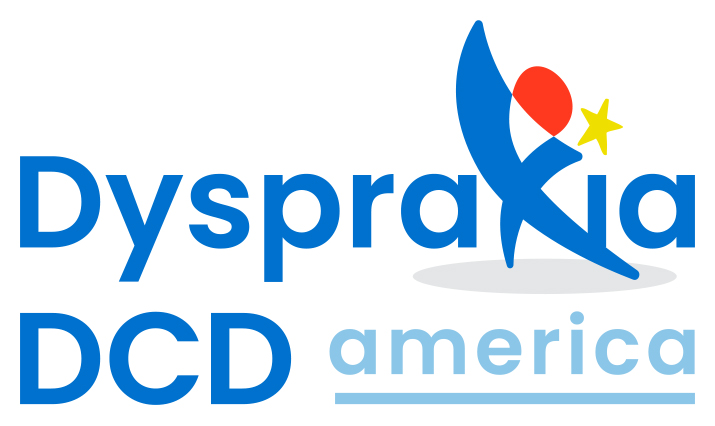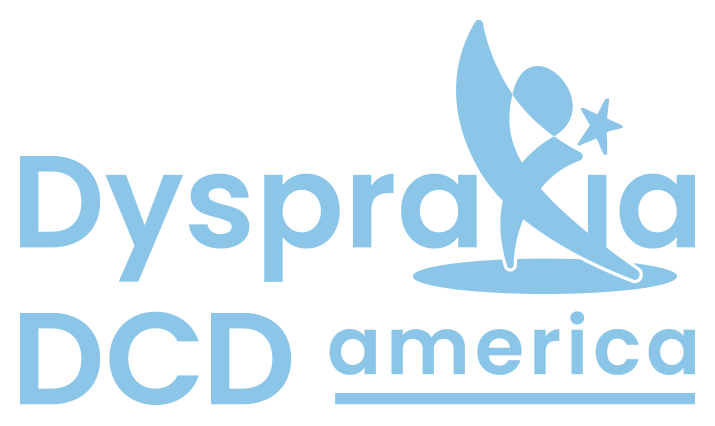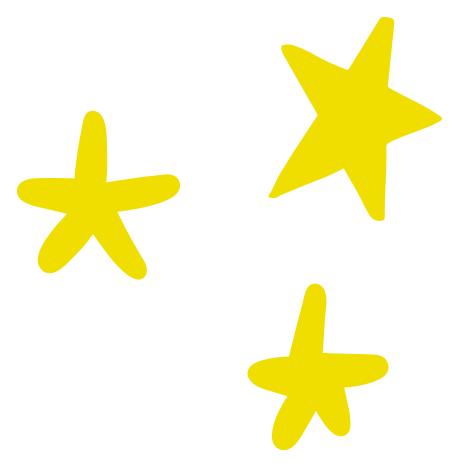
Dr. Jerie Beth is a Neurodevelopmental Pediatrician and retired Clinical Professor after 40 years of working with children with neurodevelopmental and acquired disorders/disabilities and their families. She continues to support active advocacy efforts for this population for identification of needs, access to needed services, and best outcome.


Please note, I never received a formal diagnosis. I doubt one even existed during my childhood. Indeed, the term for DCD in the 1980s was "minimal brain dysfunction" (MBD). However, I went on in college to become a BS level occupational therapist and became part of a team diagnosing and treating childhood impairment. This was when it hit me that perhaps I was also "one of those kids" with "minimal brain impairment"!
When did you become aware that there was something unique about you? What did you notice?
I am 72 years of age and grew up in a large family headed by a single mother; thus there was nothing felt to be worth bothering about in those days shortly after WWII. Pediatrics was still a relatively new field, having begun as a specialty in the 1930s. While I achieved early developmental milestones at the normal time, I knew I was clumsy and awkward.
I almost "failed" kindergarten because I struggled to tie my own shoes or zip my zippers and often would panic. My balance and gross motor skills were poor. I could read picture books, but my handwriting was very poor, noting that in those days, handwriting was important enough to receive a letter grade until 3rd grade. My desk and papers were very messy.
I was very shy and quiet, never chosen to play on a team for physical education (PE) or when with neighborhood children. My social skills were immature--yes, a child knows. "Klutz" became my nickname in all settings, defined as "a clumsy, awkward or foolish person with a lack of physical dexterity" until I left for college. I often felt "less than," however I participated anyway just to be around other children, and cried later.
How did you address any challenges you were having at home, school, or work?
Because I was a very determined/competitive child and wanted to be accepted, I worked on improving physical and social skills on my own.
All children in my Slavic-American community were required to go to "Sokol," a gymnastic entity originating in Czechoslovakia to promote a communal spirit, physical fitness, and maintain the Czech language here in the US. We attended weekly and participated in gymnastics, strengthening, and just moving in sync with a large group of other children. I was determined to get a medal and eventually did so on high-low bars and the horse. I practiced serving for volleyball over and over again in PE at school until I was eventually chosen (yea!) for the team, still only able to serve the ball well.
I taught myself to sew all my own clothing, knit, and crochet sweaters because family finances were very tight and I thought it would help if I could make clothes cheaply that might not make me a target at school. I worked in a dry goods store to get a discount on material and yarn. I joined the student theater group to learn to speak in front of others, learn to tap dance and sing; eventually getting lead roles in dramas and musicals.
My mother urged me to work very hard on my typing skills to ensure I would get a paying job after high school, noting my typing proficiency never became better than 50 wpm. Fortunately, high school educational staff felt I should consider aiming towards a higher education.
Which therapies/approaches were most effective?
In retrospect, high school theatrics participation was my savior and prepared me for adulthood better than anything else in childhood. I still often "feel like a Klutz" to this day, but gained measurable confidence, people skills, and gross motor coordination with participation in various activities on the stage.
I was a very good clinician, but very slow in designing and building adaptive seating/mobility devices for children, in molding and making splints, and any other adaptations which required visuo-spacial processing. After a few years, I chose to continue my education in a related field, completing medical school, pediatric residency, and a fellowship in Pediatric Rehabilitation /Neurodevelopmental Pediatrics where my strengths and cognitive skills were more useful than my motor skills.
What coping strategies do you find most helpful in your daily life?


Patience with myself, yoga, having others assist in maintaining good organization of tasks, and working hard. I live with a better awareness of what my strengths are and how to use them.
For instance, it would have been a futile battle to try to become a surgeon. My visuo-spacial skills would never have been enough of a strength for this specialty; however in residency training, I always did an exceptional job, though slowly, of sewing up surgical wounds and lacerations--likely because of committing myself to learning to sew as a child.
Bottom line is that I remind myself to push myself to learn interesting new skills in a group ; as one never knows when they might come in handy.
What would you like others to understand about Dyspraxia/DCD?
DCD does not define a person. I like to say, if you know one person with DCD, you only know one person. Assessment/intervention/adaptation will change with individual development and their own profile with aspects of DCD that go beyond motor issues. An individual’s profile might include issues related to distractibility; impulsivity; attentiveness; organization; motor, sensory, emotional, social, and communication impairments; and specific learning disability.
Awareness of individual strengths and areas of less than average performance in life can guide the individual in choices to achieve both greater skill and adaptability in life. Participation in life is key, with adaptations or intervention as indicated by individual need at various stages of global development. The importance of integrated social skills development in activity must not be discounted.


